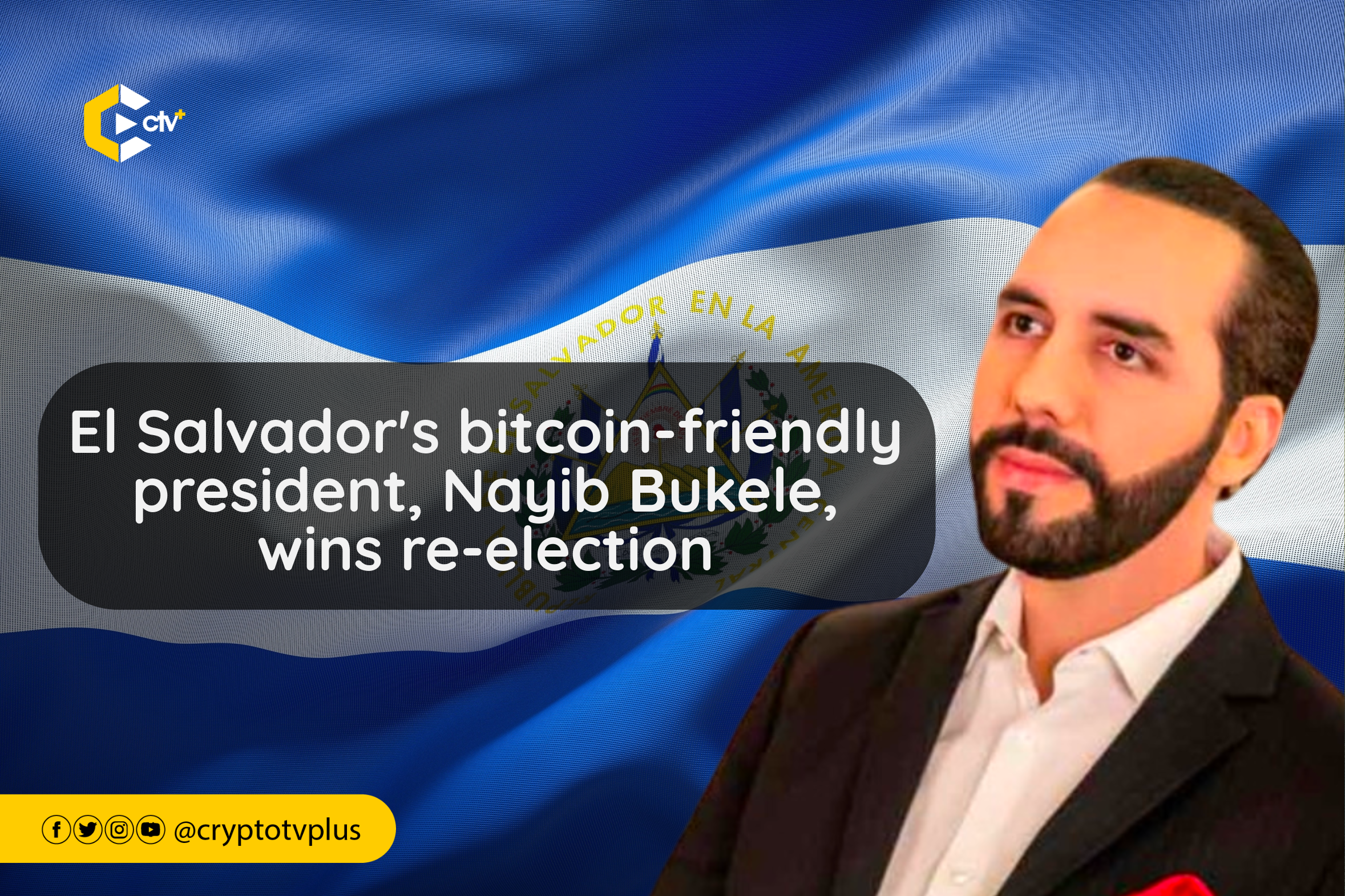News
El Salvador’s bitcoin-friendly president, Nayib Bukele, wins re-election

Bitcoin-friendly President Nayib Bukele of El Salvador has won re-election with an impressive 87% of the vote, as indicated by exit polls after Sunday’s voting. Bukele, in office since 2019, consistently led in pre-election polls, expressing widespread popularity.
In a confident X post, Bukele declared, “Our numbers show we’ve won the election with over 85% of the votes and a minimum of 58 out of 60 deputies in the Assembly.”
During his initial term, Bukele gained attention for his tough approach to gang violence, employing mass incarcerations, and making significant moves in the cryptocurrency space.
El Salvador has been actively involved with cryptocurrencies, particularly Bitcoin, since 2021 when it became the first country to adopt Bitcoin as legal tender. President Nayib Bukele has been promoting a vision for Bitcoin City, a tax-free crypto haven powered by geothermal energy from a volcano.
Despite the adoption, the majority of Salvadorans still prefer to use the US dollar. Following the move towards Bitcoin and the increased attention the country received, the International Monetary Fund (IMF) urged El Salvador to reconsider its decision to adopt Bitcoin as legal tender. It is worth noting that the country’s economy has been facing challenges, with extreme poverty having doubled since 2019.
El Salvador’s Vice President, Felix Ulloa, has stated that Bitcoin will remain legal tender during President Bukele’s second term. The government has also incentivized Bitcoin adoption with the Chivo Wallet app, offering a $30 bonus for all citizens over 18 years of age. However, economists have criticized the investment, stating that it has not been successful in persuading the majority of the population to use Bitcoin.
The country’s Bitcoin project has faced challenges, including a lack of public interest and a negative impact on the economy. The IMF has expressed concerns about El Salvador’s decision to use Bitcoin as legal tender, and the country has been unable to secure a loan from the organization due to this decision.
Despite the challenges, President Bukele has celebrated the success of his Bitcoin reserve, which has recently turned a profit. However, economists argue that the positive results are illusory and do not offset the economic costs of the Bitcoin project.
Read also; Top crypto exchanges registered in UAE












